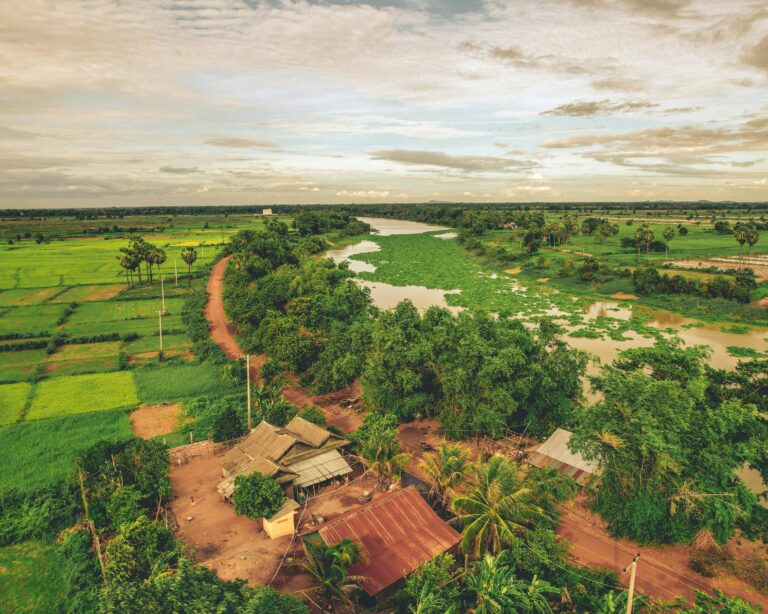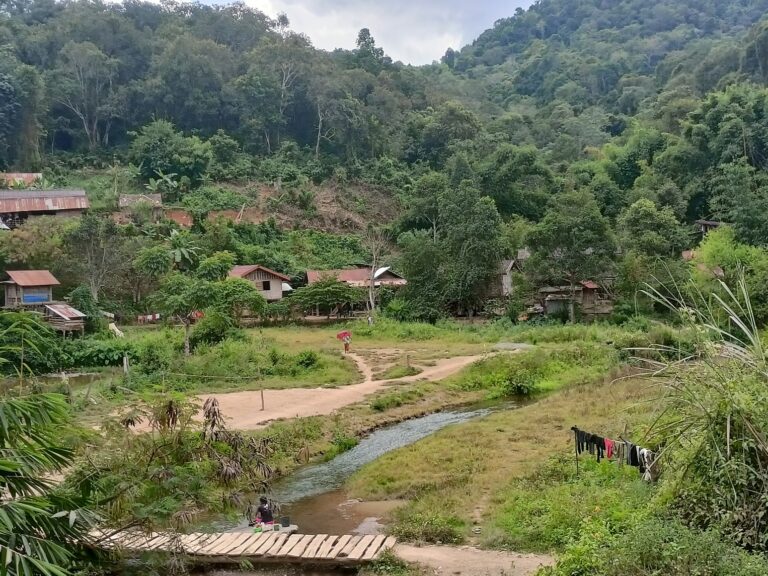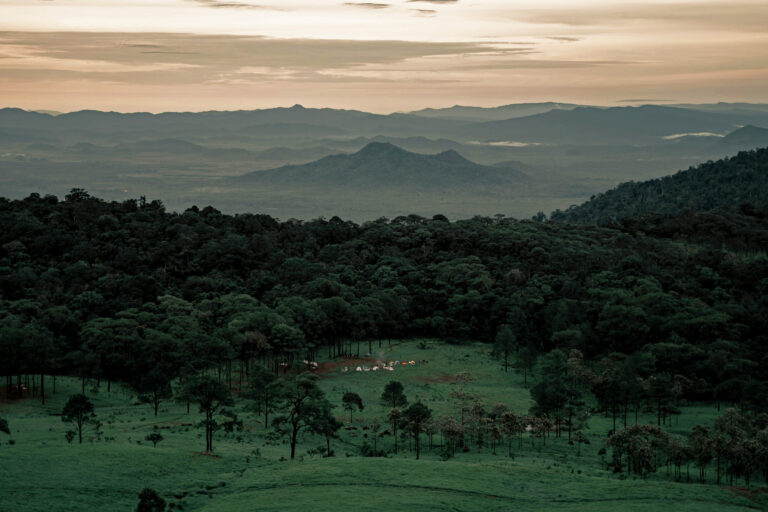In August 2025, field missions were conducted across villages around the Namkong–Xexou Protection Forest (Attapeu Province) and the Hin Nam No National Park (Khammouane Province) in Lao PDR, as part of the Mekong PAD III Program funded by the Australian Government under the Mekong-Australia Partnership Phase 2 (MAP 2). The mission aimed to assess the Gender Equality, Disability and Social Inclusion (GEDSI) dynamics and gather essential information on these biodiverse landscapes to support the development of case studies.
The mission, carried out by ICEM, AFDC—Agro-Forestry and Development Consultant, and the Department of Forestry (DOF), engaged 483 participants, including representatives from the Lao Women’s Union (LWU), Provincial and District Agriculture and Environment Offices, park authorities, village administrations, and community members—women, men, ethnic minorities and people with disabilities (PwDs)—from four villages: Hadoudomxay and Sompoy in Attapeu Province, and Nongping and Gnavet in Kammouane Province.
Consultations included focus group discussions and individual and key informant interviews, to capture diverse perspectives on GEDSI, natural resource management and conservation, and to identify strategies for more ecologically sustainable, climate-smart, and socially inclusive landscape management.
Key findings:
Communities expressed strong interest in reforestation and livelihood diversification. Most households depend on subsistence rice farming, cassava, livestock, and non-timber forest products (NTFPs), but limited irrigation, market access, and value addition restrict income diversification. In Nongping village, ecotourism offers emerging opportunities for women and other GEDSI groups. Across all surveyed villages, gendered workloads, limited participation of women and PwDs in leadership and economic opportunities, early marriage, and rising land-use pressures contribute to deepening social inequalities, with women, youth, and vulnerable groups most affected. These are exacerbated by climate change impacts—including worsening and more frequent floods and heatwaves—limited adaptation capacities, and environmental issues such as unmanaged waste, excessive use of agrochemicals, deforestation, and the decline of NTFPs.
Way forward:
Building on these findings, PAD III will collaborate with community members to co-develop and pilot inclusive, ecologically sustainable landscape management models that restore degraded forests and improve livelihoods in selected demonstration sites. A GEDSI strategy will be implemented to enhance women’s, youth, and PwDs’ participation across project activities—ensuring they shape and benefit from the initiative, while fostering economic empowerment and strengthening their roles in decision-making and natural resource governance.
This mission marks an important step towards embedding inclusion in conservation practices—where protecting biodiversity goes hand-in-hand with strengthening community resilience and equity.




